The Independent's journalism is supported by our readers. When you purchase through links on our site, we may earn commission.
Where to discover your ancestors' First World War stories
With extensive archives of detailed, digital records, Findmypast keeps your family’s history safe until you’re ready to uncover it
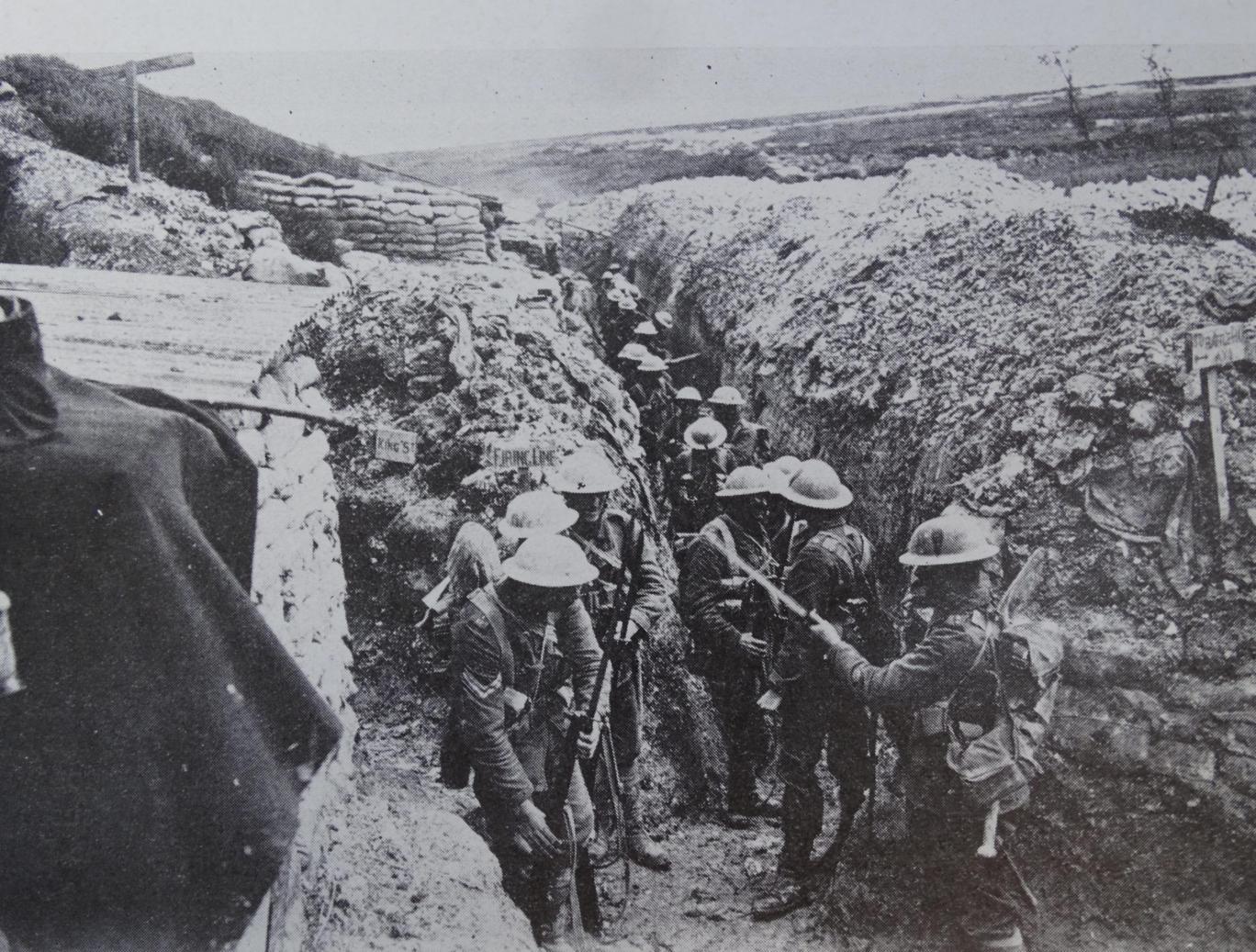
The First World War was a brutal and harrowing conflict. Believed to have killed an estimated 40 million military personnel and civilians, it stands as one of the bloodiest wars in the history of mankind, with Sunday 11 November marking the centenary of it coming to an end.
From out of the terrible bloodshed, however, powerful stories emerged; tales of loss, of heroism and, distinctly, of love. And many fragments of these can be found in the extraordinary digital archives at Findmypast.
An online genealogy service, Findmypast holds more British military service records than any other online archive. Containing millions of Army, Navy and Air Force files, it includes casualty and service records, medal rolls and newspaper collections, marriage certificates, birth certificates, obituaries and more.
Many Londoners’ ancestors experienced the horror of the Great War, but how many of their unique histories are now known to their descendants? And how many are still waiting to be known – orderly stored in the rich catalogue of records, carefully collated by Findmypast?
If you want to find out more about your ancestors before, during and after wartime, what better place to start? For an idea of what you could discover, here is a selection of extraordinary stories, born out of research on Findmypast...
The 46 men in a First World War photograph
Andrew Tatham’s mission to identify and document all 46 men pictured in a First World War photograph, which featured his great-grandfather, William Walton, led to both an exhibition and a critically acclaimed book.
It started in 1994. and 21 years later, with the help of Findmypast records, Tatham created A Group Photograph – Before, Now & In-Between, the history of the men in that photograph, their pre-war history and where their families are today.
“A magnificent book” Melvyn Bragg called it.
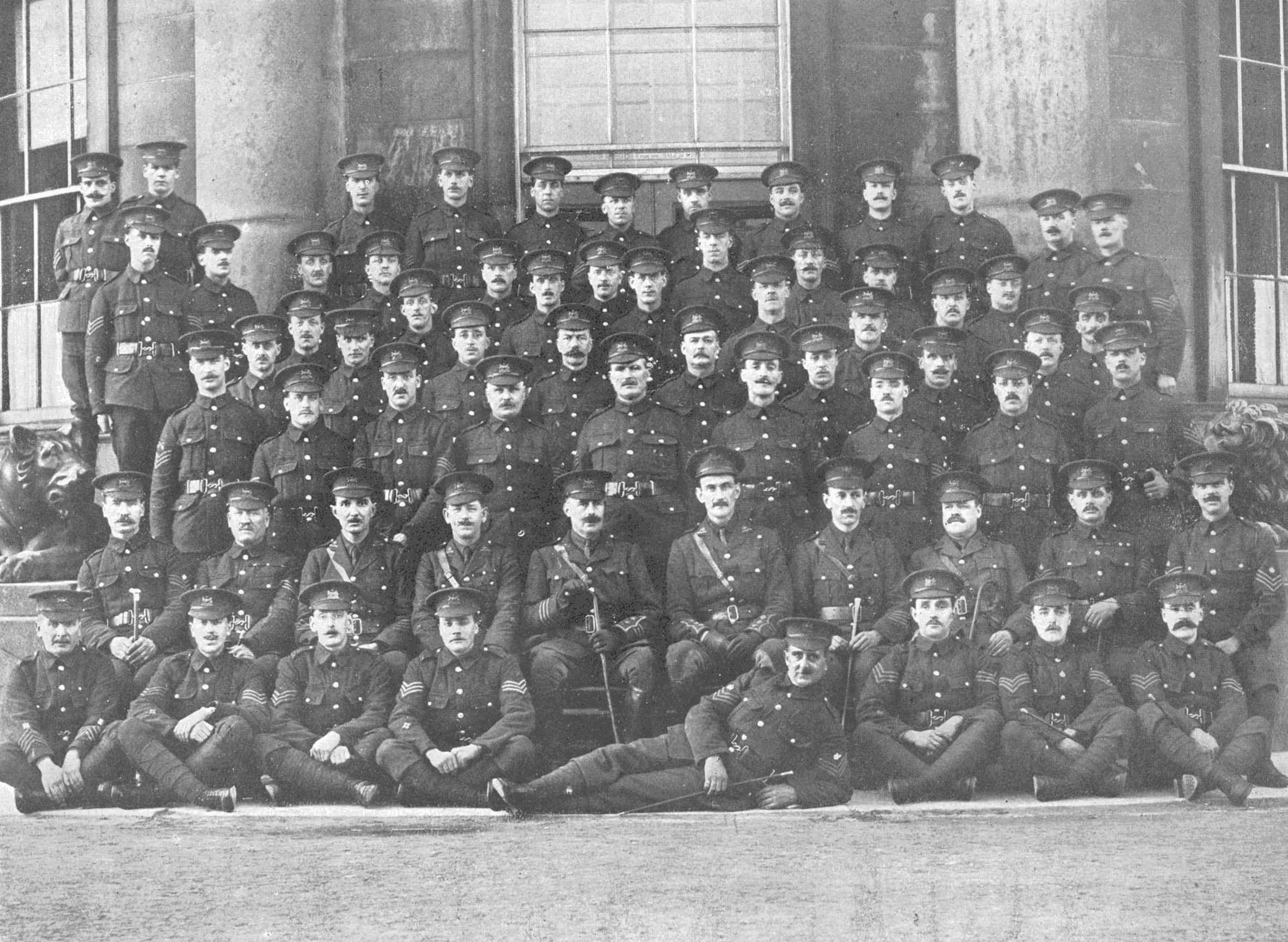
The incomprehensible accounts of boys shot for desertion
Desertion – otherwise known as absence without leave – was considered one of the greatest wrongdoings a soldier could commit and was punishable by execution.
In total, 309 British Army and Commonwealth soldiers were shot for desertion during the First World War, some of which were boys as young as 16 – three years under the legal age limit for serving in the armed forces overseas.
Private Abe Bevistein was one such boy. Shot near Calais for abandoning his post, before his court martial hearing he wrote this to his mother: “We were in the trenches. I was so cold I went out (and took shelter in a farm house). They took me to prison so I will have to go in front of the court. I will try my best to get out of it, so don’t worry.”
The heartbreaking in memoriam family poems
To accompany death notices in local newspapers, families would sometimes send in moving poems; original literature composed to convey the sorrow of their devastating loss.
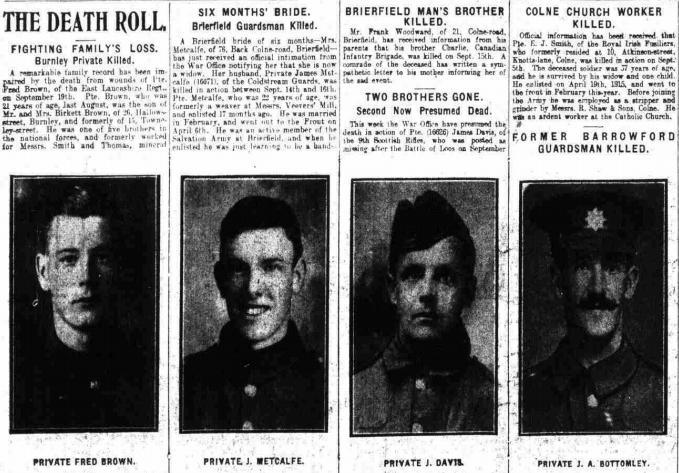
In a 1916 issue of the Dover Express, for instance, the “heartbroken wife and children” of Lane Corporal Arthur Robert Clarke wrote how, in spite of constantly calling his name, “…there is nothing left to answer, But your picture in the frame”.
In the Grantham Journal in 1917, too, the sister of Private Richard Pick described the pain of not knowing her brother’s final resting place: “The unknown grave is the bitterest blow, none but an aching heart can know”.
The pub-loving women branded prostitutes
With a large contingent of the male population fighting on the Western Front, as has been well-documented, women filled the workforce void, taking up roles in hitherto masculine industries, from munitions to the police force, even in some cases, the Army.
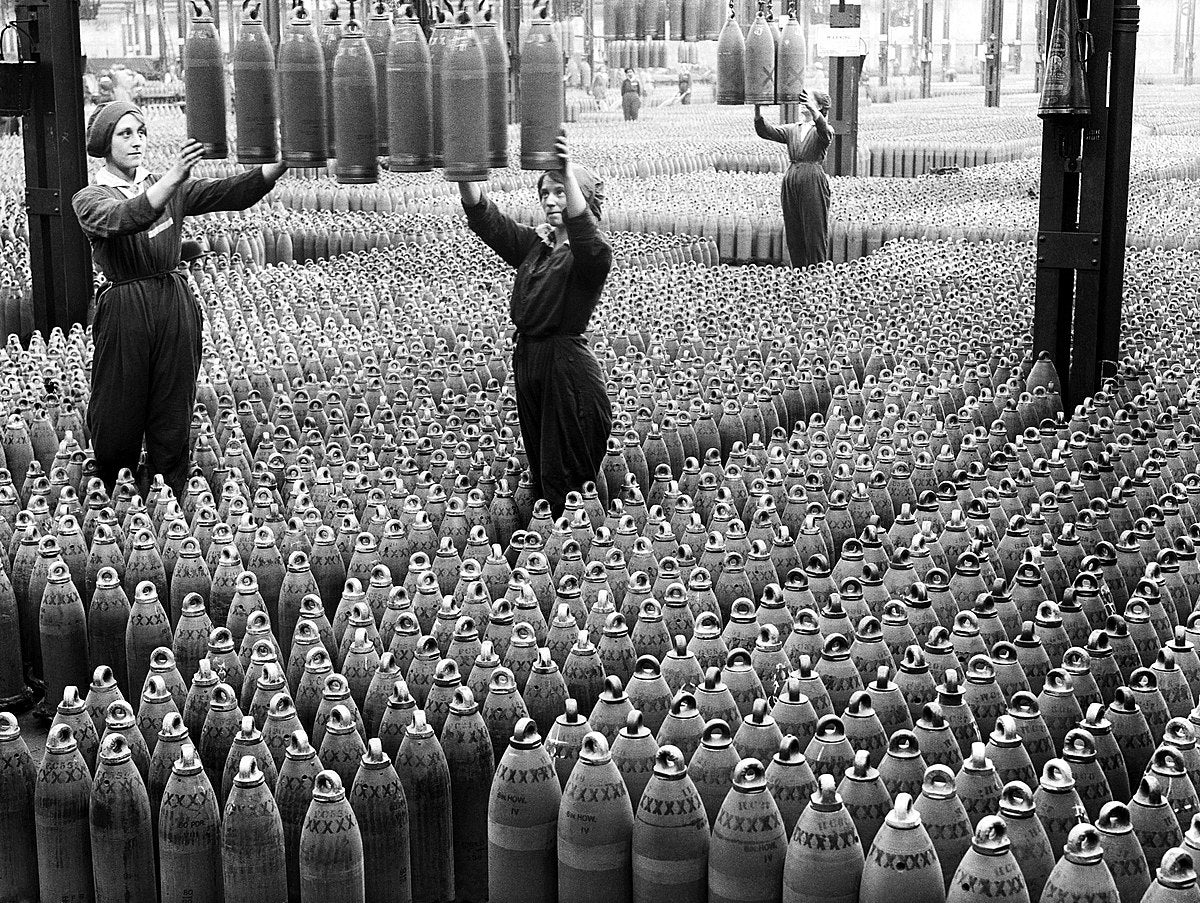
What is lesser documented, however, is how some of these women chose to let their hair down at the end of the working day. The number of female frequenters of public houses around the country rose considerably during wartime, a shocking reality against which newspapers called for “drastic” action to be taken.
As was recorded, licensing magistrates contemplated whether “all licensed houses [should] be provided with clear plate-glass windows; partitions, snugs and other obstacles likely to facilitate secret drinking, be done away with”.
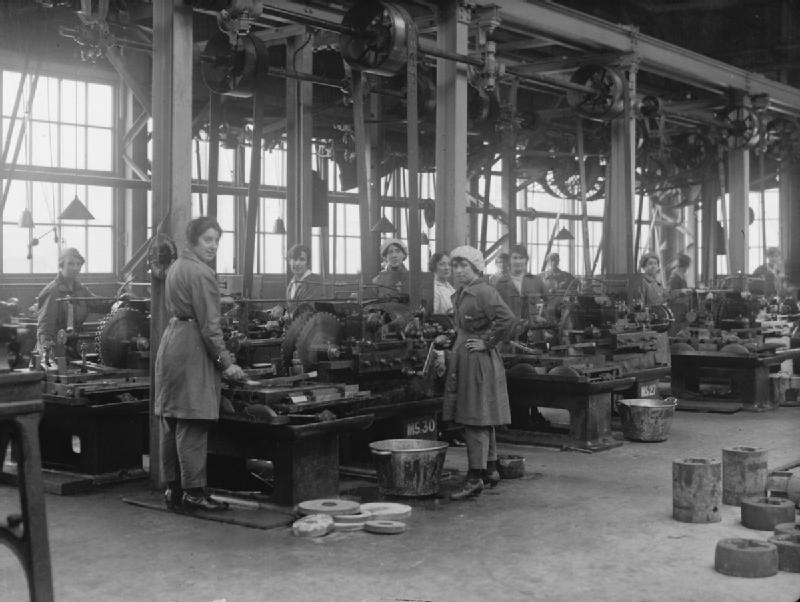
And in a 1915 issue of the Manchester Evening News, country magistrate Theophilus Simpson relayed how he had seen “26 women enter a licensed house in 10 minutes, with 16 coming out who he had not seen enter”. “Some people said women had a right to spend their money as they liked,” he is said to have commented. “They might as well say that they had a right to sell themselves if they like.”
These and countless other tales – many yet to be discovered – can be found through Findmypast’s wealth of historical records.
The question is, what will you uncover?
Discover you family and unravel your history at findmypast.co.uk/military-family
